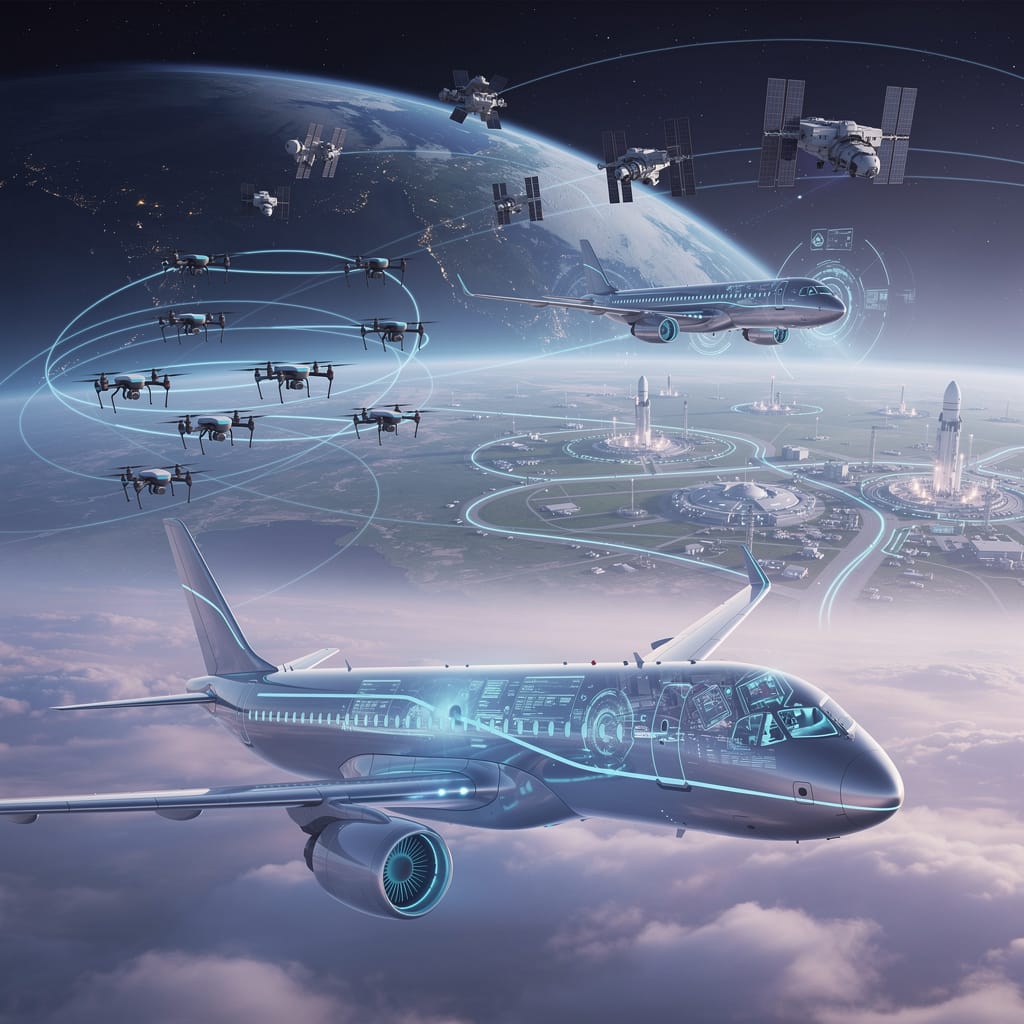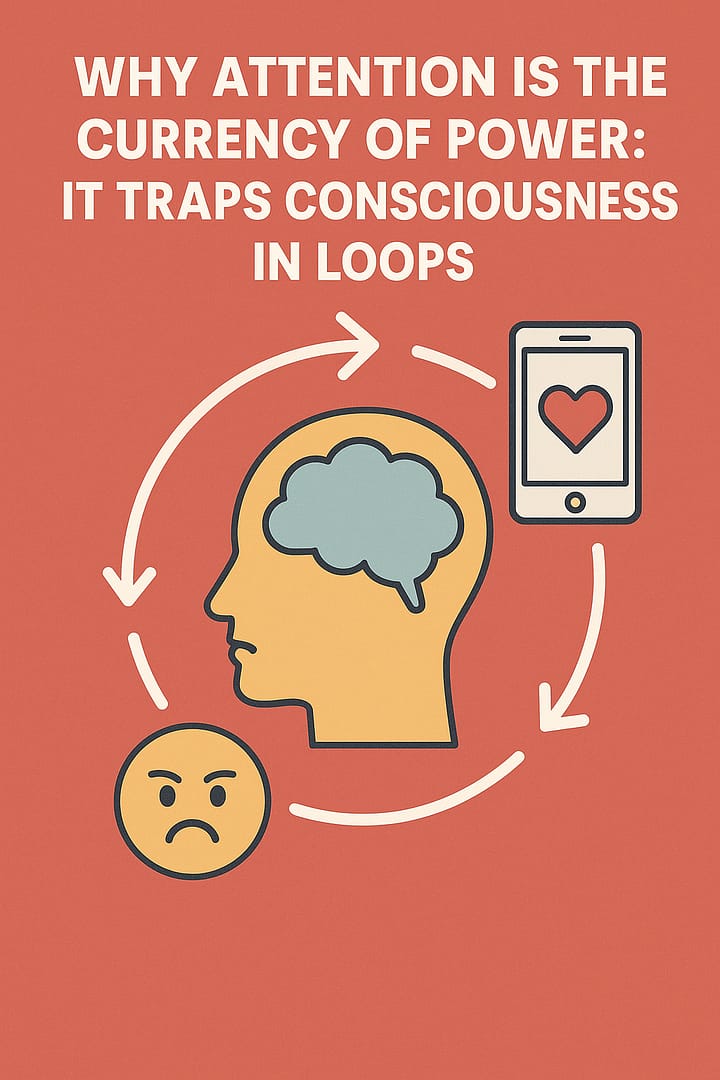What is independence
Independence generally refers to the ability to act, think, or make decisions free from external influence or control. It can also refer to a state of self-sufficiency or autonomy, where one is not dependent on others for resources or support.
In the context of politics, independence can refer to a country’s ability to govern itself without interference from outside powers or influence. In personal relationships, independence can refer to an individual’s ability to maintain their own identity and make decisions without being overly influenced by their partner or others around them.
Independence is often seen as a desirable trait, as it allows individuals or entities to have greater control over their own lives and decisions. However, complete independence may not always be possible or desirable in certain situations, as we often rely on others for support and resources in various aspects of our lives.
Table with some possible characteristics of independence for people, institutions, and nations
| Category | Characteristics of Independence |
| People | Self-sufficient, autonomous, able to make decisions without external influence, maintaining their own identity, not overly reliant on others for support or resources |
| Institutions | Able to operate without interference from external forces or interests, free from political or economic influence, able to make decisions and set policies independently |
| Nations | Sovereign, able to govern themselves without interference from other countries or external powers, self-sufficient in terms of resources and economy, able to make decisions and set policies that serve the interests of their own citizens |
| Personal Relationships | Able to maintain individual identities while also fostering interdependence and mutual support, able to make decisions without being overly influenced by their partner or other external factors, respecting each other’s autonomy and boundaries |
| Business Entities | Able to operate without undue influence from external stakeholders or government regulations, able to make decisions based on their own interests and objectives, self-sufficient in terms of resources and revenue streams |
| Political Movements | Able to pursue their own agenda and goals without being co-opted by other interests or external forces, able to build support and mobilize action without being influenced by outside parties, self-sufficient in terms of resources and messaging strategies |
These characteristics are not exhaustive or definitive, and there may be other dimensions of independence that are important in different contexts. Additionally, achieving complete independence in all of these areas may not be possible or desirable, as interdependence and collaboration are also important aspects of human society and relationships.

What endangers independence on all levels
There are various factors that can endanger independence on all levels, including:
External influence
External forces such as governments, corporations, or other institutions may seek to exert control or influence over individuals, institutions, or nations. This can be through direct intervention, coercion, or through more subtle means such as economic or political pressure.
Dependence
Dependence on external resources or support can make individuals, institutions, or nations vulnerable to outside influence or control. This can include economic dependence on foreign countries, reliance on foreign aid or support, or dependence on specific individuals or institutions for resources or support.
Lack of resources
A lack of resources, whether economic, social, or political, can limit the ability of individuals, institutions, or nations to act independently. This can include a lack of access to education, healthcare, or technology, or limited access to capital or other resources needed for economic or political development.
Internal conflicts
Internal conflicts, whether within an individual, an institution, or a nation, can make it difficult to act independently and make decisions free from external influence. This can include conflicts between different stakeholders or interest groups, as well as personal conflicts or challenges that limit an individual’s ability to act independently.
Ideological influence
Ideological beliefs or systems can also limit independence, as individuals, institutions, or nations may be constrained by the values or beliefs they hold. This can include religious or cultural beliefs, as well as political ideologies that limit the range of acceptable actions or decisions.
Independence is a complex and multifaceted concept, and there are many factors that can threaten independence on various levels. Addressing these factors requires a nuanced and multi-dimensional approach that takes into account the specific contexts and challenges faced by individuals, institutions, and nations.
How can we empower independence
There are several ways to empower independence on different levels:
Promoting education and skills development
Providing access to education and skills development opportunities can help individuals and institutions become more self-sufficient and independent. Education can help individuals make informed decisions, and develop the knowledge and skills needed to become economically and socially independent.
Supporting local industries and businesses
Supporting local industries and businesses can help reduce dependence on external resources and create economic opportunities that empower individuals, institutions, and nations to act more independently.
Building strong institutions
Building strong institutions that are free from external influence and corruption can help ensure that decisions are made based on the best interests of the institution or nation, rather than external pressures or interests.
Encouraging open and transparent governance
Encouraging open and transparent governance can help promote accountability and reduce the risk of corruption or external influence. This can include measures such as open data policies, public consultations, and independent oversight bodies.
Fostering interdependence
Recognizing the importance of interdependence and collaboration can help individuals, institutions, and nations work together to achieve common goals while still maintaining their independence. This can include building networks of support and collaboration, and recognizing the value of diversity and different perspectives.
Empowering independence requires a multifaceted approach that addresses the specific needs and challenges faced by individuals, institutions, and nations. By providing the necessary resources, support, and opportunities, we can help individuals and institutions become more self-sufficient and act more independently, while still recognizing the importance of interdependence and collaboration.
Table summarizing some potential dangers to independence and some possible solutions to address them
| Dangers to Independence | Possible Solutions |
| External influence and control | Building strong institutions, promoting transparency and accountability, reducing dependence on external resources, fostering interdependence and collaboration |
| Dependence on external resources or support | Supporting local industries and businesses, promoting economic self-sufficiency, providing access to education and skills development, reducing barriers to trade and investment |
| Lack of resources | Providing access to education, healthcare, and technology, promoting economic growth and development, reducing inequality and discrimination |
| Internal conflicts and divisions | Promoting dialogue and understanding, building trust and cooperation, addressing underlying issues and concerns |
| Ideological constraints | Promoting tolerance and diversity, respecting different beliefs and values, promoting critical thinking and independent decision-making |
These solutions are not exhaustive or definitive, and there may be other strategies or approaches that are effective in different contexts. However, by addressing these common challenges to independence, we can work towards creating a more equitable, just, and self-sufficient world.
Why Independence is Vital for Surviving
Independence is the cornerstone of human progress and survival. From the ability to make our own decisions, to the freedom to pursue our own goals and ambitions, independence is an essential aspect of human life. Whether we are individuals, institutions, or nations, the ability to act independently is critical to our ability to thrive and survive in a rapidly changing world.
At the individual level, independence is essential for personal growth and development. It allows us to make our own choices and decisions, and to take responsibility for our own lives. Without independence, we may be at the mercy of external forces and unable to achieve our full potential. By being independent, we are able to pursue our own goals and ambitions, and to live life on our own terms.
For institutions and nations, independence is equally important. It allows them to make decisions that serve the interests of their own citizens, rather than being dictated by external forces or interests. It also allows them to build strong, resilient economies and societies that are able to withstand external shocks and challenges.
However, independence is not always easy to achieve or maintain. There are many factors that can threaten independence, from external interference and control, to dependence on external resources or support, to internal conflicts and divisions. Addressing these challenges requires a multifaceted approach that takes into account the specific needs and contexts of individuals, institutions, and nations.
To empower independence, we must work towards building strong institutions that are free from external influence and corruption, promoting transparency and accountability in governance, reducing dependence on external resources, and fostering interdependence and collaboration. We must also work towards providing access to education, skills development, and economic opportunities that enable individuals and institutions to become more self-sufficient and independent.
By empowering independence, we can create a more just, equitable, and sustainable world. We can ensure that individuals, institutions, and nations are able to thrive and survive in a rapidly changing global landscape, and that they are able to pursue their own goals and ambitions without interference or control from external forces. This is why independence is not just desirable, but vital for our survival and progress as a species.

Shop Corner
AI and Independance on Amazon
Thank you for questions, shares and comments!
Share your thoughts or questions in the comments below!
Source OpenAI’s GPT language models, Fleeky, MIB, & Picsart






